Best movies like Mao Zedong and His Son
A unique, carefully handpicked, selection of the best movies like Mao Zedong and His Son . If you liked Mao Zedong and His Son then you may also like: Youth, Road to Dawn, The Knot, Assembly, The Battle at Lake Changjin and many more popular movies featured on this list. You can further filter the list even more or get a random selection from the list of similar movies, to make your selection even easier.
Mao Zedong and His Son
You may filter the list of movies on this page for a more refined, personalized selection of movies.
Still not sure what to watch click the recommend buttun below to get a movie recommendation selected from all the movies on this list
Road to Dawn
Based on the story of Dr Sun Yat Sen’s revolutionary efforts and his love affairs while he was in Penang in 1910.
The Knot
They fell in love; Chen Qiushui was 20. Wang Biyun was 18. When Qiushui fled Taiwan after the 228 Massacre, Biyun gave him a gold engagement ring and they promised to meet again. Qiushui served as an army doctor during the Korean War, where he met Wang Jindi, a nurse from Shanghai who fell in love with him instantly. Years had gone by, Qiushui married Jindi and settled in Tibet. While in Taiwan, Biyun buried Qiushui's mother and continued to pray for his return. Flashback to modern time, Biyun is living in New York. Her niece played by Isabella Leong, a writer, has travelled to Tibet to find out what happened to Qiushui. Through the pictures she sends back via internet, Biyun finally gets to see the familiar face once again.
The Battle at Lake Changjin
Korean War, winter 1950. In the frozen and snowy area of Changjin Lake, a bloody battle is about to begin between the elite troops of the United States and China.
China Gate
Near the end of the French phase of the Vietnam War, a group of mercenaries are recruited to travel through enemy territory to the Chinese border.
Confucius
In 500 B.C., during Chinas famed 'Spring and Autumn Period', Kong Ze (Confucius), a commoner reverred for his outstanding wisdom, is made Minister of Law in the ancient Kingdom of Lu. Under his inspired leadership, Lu ascends to new heights but becomes a target of conquest for the warlike nation of Qi. Threatened with annihilation by their powerful neighbour, a desperate people turn to their greatest teacher to lead their most powerful army. When Confucius delivers a stunning victory against all odds, a jealous aristocracy sets out to destroy him, but they should never under-estimate a remarkable man whose wisdom is more powerful than the sword.
The Crossing
At the end of the World War II and the middle of the Chinese Revolution, three couples from different backgrounds with different nationalities flee from China to the island of Taiwan.
The Manchurian Candidate
Near the end of the Korean War, a platoon of U.S. soldiers is captured by communists and brainwashed. Following the war, the platoon is returned home, and Sergeant Raymond Shaw is lauded as a hero by the rest of his platoon. However, the platoon commander, Captain Bennett Marco, finds himself plagued by strange nightmares and soon races to uncover a terrible plot.
Farewell My Concubine
Abandoned by his prostitute mother in 1920, Douzi was raised by a theater troupe. There he meets Shitou and over the following years the two develop an act entitled "Farewell My Concubine" that brings them fame and fortune. When Shitou marries Juxian, Douzi becomes jealous, the beginnings of the acting duo's explosive breakup and tragic fall take root.
To Live
Fugui and Jiazhen endure tumultuous events in China as their personal fortunes move from wealthy landownership to peasantry. Addicted to gambling, Fugui loses everything. In the years that follow he is pressed into both the nationalist and communist armies, while Jiazhen is forced into menial work.
Don't Cry, Nanking
In December 1937, during the Second Japanese-Sino War, a Chinese doctor, his Japanese pregnant wife, their teenage daughter and their young son travel from Shanghai to Nanjing seeking shelter in the Capital during the Japanese invasion. The family faces the Rape of Nanking by the Imperial Japanese Army, with rapes, mass murder of prisoners of war and civilians including women, children and elders, and disrespect of international conventions.
The Emperor's Shadow
Epic drama about China's first emperor (221 BC) who struggles to make his childhood best friend, now China's greatest composer, succumb to his will and compose a grand anthem to his exploits.
Human Remains
Human Remains is a haunting documentary which illustrates the banality of evil by creating intimate portraits of five of the 20th century's most reviled dictators. The film unveils the personal lives of Adolf Hitler, Benito Mussolini, Joseph Stalin, Francisco Franco and Mao Tse Tung. We learn the private and mundane details of their everyday lives -- their favorite foods, films, habits and sexual preferences. There is no mention of their public lives or of their place in history. The intentional omission of the horrors for which these men were responsible hovers over the film.
The Last Emperor
A dramatic history of Puyi, the last of the Emperors of China, from his lofty birth and brief reign in the Forbidden City, the object of worship by half a billion people; through his abdication, his decline and dissolute lifestyle; his exploitation by the invading Japanese, and finally to his obscure existence as just another peasant worker in the People's Republic.
Legend of the Demon Cat
During the Late Tang Dynasty, a manor is invaded by a demon cat and a sense of unrest befalls the capital of Changan. A poet is charged with investigating the case and meets up with a monk. The two work together and pull apart the thread of clues to reveal a history of truths leading to the events.
Mao Zedong 1949
The film is set in 1949, as the members of the Central Committee of the Communist Party of China prepare to establish a new Chinese state, the People's Republic of China.
Mao's Last Dancer
At the age of 11, Li was plucked from a poor Chinese village by Madame Mao's cultural delegates and taken to Beijing to study ballet. In 1979, during a cultural exchange to Texas, he fell in love with an American woman. Two years later, he managed to defect and went on to perform as a principal dancer for the Houston Ballet and as a principal artist with the Australian Ballet.
The Message
After a series of assassinations in Nanking, a Japanese spy master gathers a group of suspects in a mansion, then a tense cat-and-mouse game erupts as the Chinese agent tries to keep his or her identity a secret.
Traces of a Dragon: Jackie Chan & His Lost Family
A surprising look at the past of movie star Jackie Chan and the difficulties of Chinese families during the Culture Revolution.
Eternal Wave
Eternal Wave 密战 is a Chinese film set during the anti-Japanese occupation era starring Aaron Kwok, Zhao Li Ying and Zhang Han. It follows the main protagonist Lin Xiang who is a spy working underground to reestablish what was destroyed ruing the Battle of Shanghai. He meets a simple yet patriotic young lady who becomes his partner as they infiltrate the enemy as a couple. Apart from that, they cross paths with Liang Dong, a man whose motives are unclear.
East Wind Rain
Year 1941, a roll of film is delivered to Shanghai and a Chinese spy named Gong An Ming (Liu Yun Long) must decide what he should do with the film, which turns out containing a great secret that could shock the whole world. He discovers the plan code named 'East Wind Rain' and passes the information to the American that their territory will soon be invaded by the Japanese. The code is aired during the weather report from Radio Tokyo on Dec 4, 1941. While in Shanghai An Ming meets with a singer cum pianist, Huan Yan (Fan Bing Bing) and falls in love with her, not realizing that she is also one of the spies. Soon An Ming realizes that his effort found no success and have been ignored due to some reason. And now by risking his own life he must also decide whether to make Huan Yan his lover or his enemy? Will the Japanese attack Pearl Harbor in the end? Which country is Huan Yan working as a spy for? Will An Ming get caught by his enemy?
Pavilion of Women
With World War 2 looming, a prominent family in China must confront the contrasting ideas of traditionalism, communism and Western thinking, while dealing with the most important ideal of all: love and its meaning in society.
The Battle at Lake Changjin: Water Gate Bridge
In the follow-up to "The Battle At Lake Changjin", brothers Wu Qianli and Wu Wanli undertake a new task for the People's Volunteer Army, defending a bridge part of the American troops' escape route from the advancing Chinese.
The Eight Hundred
In 1937, eight hundred Chinese soldiers fight under siege from a warehouse in the middle of the Shanghai battlefield, completely surrounded by the Japanese army.
The War of Loong
The movie is based on a real historic event. During French's invading war against China in 1885, the French army took over Zhengnan Guan located in the Guangxi Province. Wishing to protect their beloved country, the 70 years old General Feng Zicai and his two sons volunteered to join the battle. The general understood it would be a difficult battle to win as the French soldiers held much more advanced equipment, resources and weapons. To show his devotion and determination, he brought his own coffin alongside with him to the war zone. He also utilized his experience with the Zhangnan Guan terrain to pave out strategies, made weapons applicable to their situations. These actions bolstered the morale tremendously, and prepared them well for the war. As a result, although the Chinese soldiers sustained heavy losses, they turned the tide of the battle and won.
The Founding of an Army
The Founding of an Army is a 2017 Chinese film commissioned by China's government to commemorate the 90th anniversary of the founding of the People's Liberation Army.
The Chef, The Actor, The Scoundrel
World War II: a cholera epidemic ravages the streets of Beijing. A crack team of Chinese intelligence agents kidnap a Japanese general and biochemist who may hold the antidote.
The Founding of a Republic
The tale of one man who fought against the tyranny of a ruler and led his people in battle in the ultimate sacrifice for his country.
The Birth of New China
In the spring and summer of 1949, the People's Liberation Army launched an offensive under the orders of Mao Zedong and Zhu De, they crossed the Yangtze River and Nanjing was liberated on April 23 which signaled the fall of the KMT regime, Chiang Kai-Shek fled to Taiwan; on October 1, 1949, Mao Zedong standing on the rostrum of Tiananmen, solemnly declared the foundation of the People's Republic of China.
Seven Intellectuals in Bamboo Forest, Part V
The film 'Seven Intellectuals In Bamboo Forest' is based on the history of seven talented intellectuals from the ancient Chinese Wei and Jin Dynasties. Ruan Ji, Ji Kang, Shan Tao, Liu Ling, Ruan Yan, Xiang Xiu and Wang Rong were famous poets and artists at that time. Open and unruly, they used to gather and drink in the bamboo forest, singing songs and playing traditional Chinese musical instruments, in the hope of escaping from earthly life. They pursued individuality, freedom, and liberty. Their remarkable talent and passion made them a notable group in Chinese history. Part 5 is about the return to the city and to reality. We live in the city and belong to it. If any problem arises, we are able to solve it.









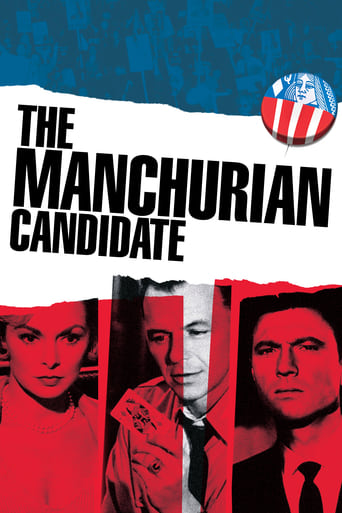


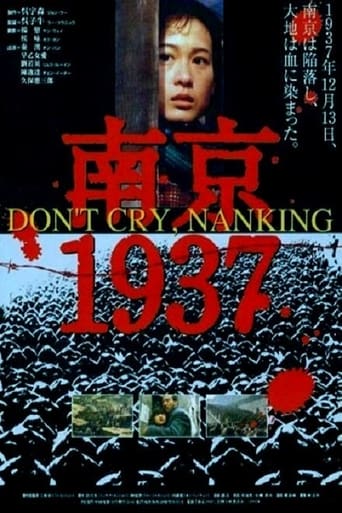

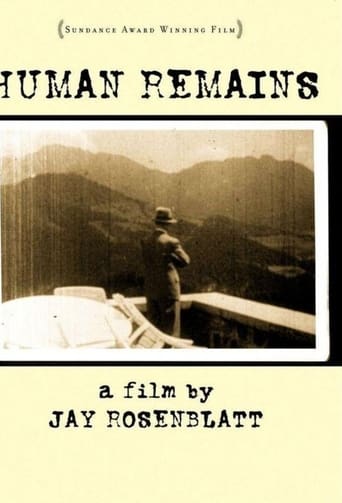
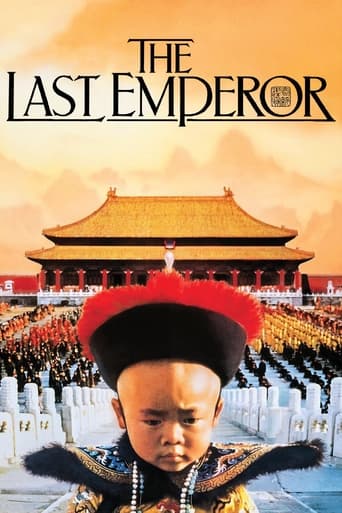














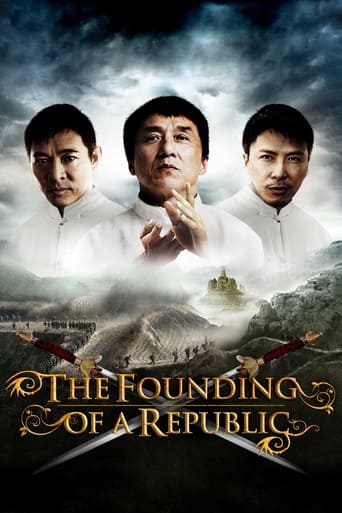







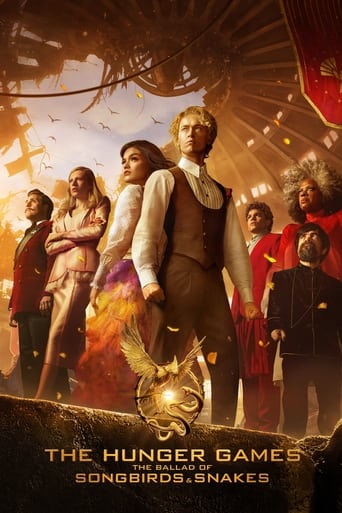
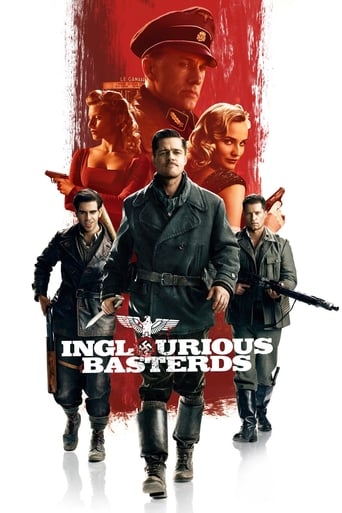

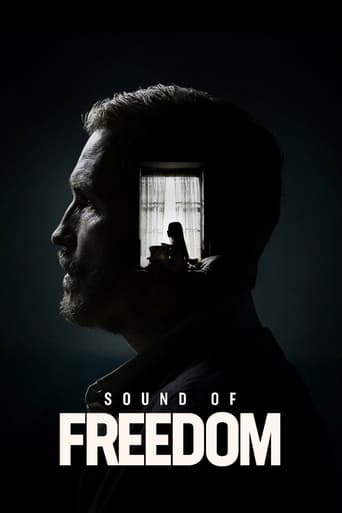

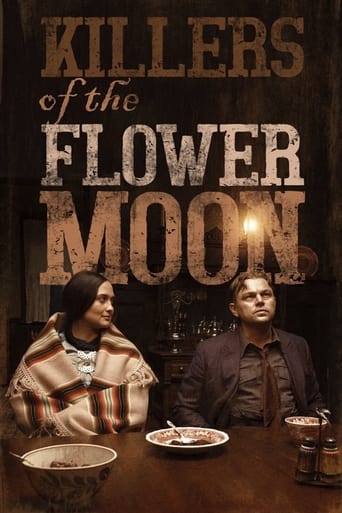
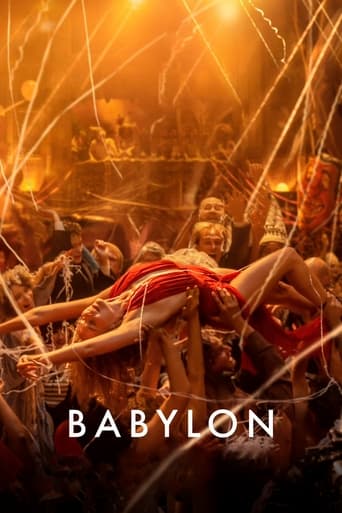

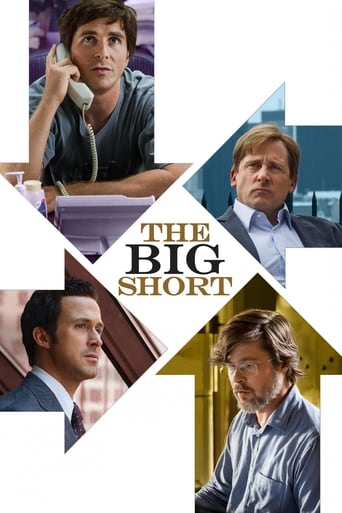
Youth
A group of performing art troupe members each face their own trials and tribulations in Chengdu; from escaping a family scandal to dealing with unrequited love, each experiences rejection that shapes their lives.